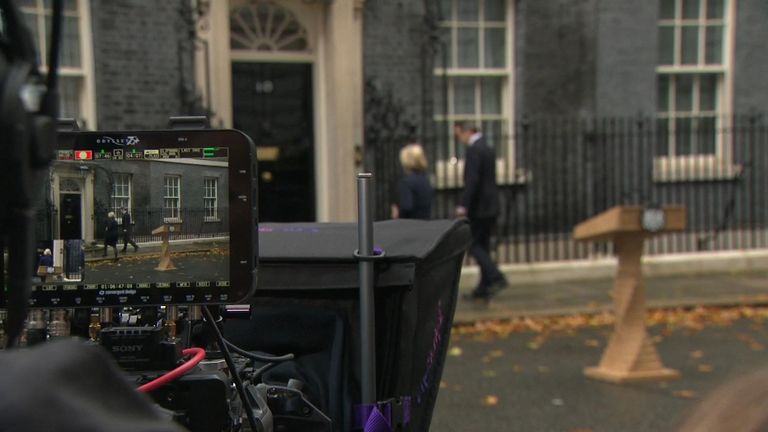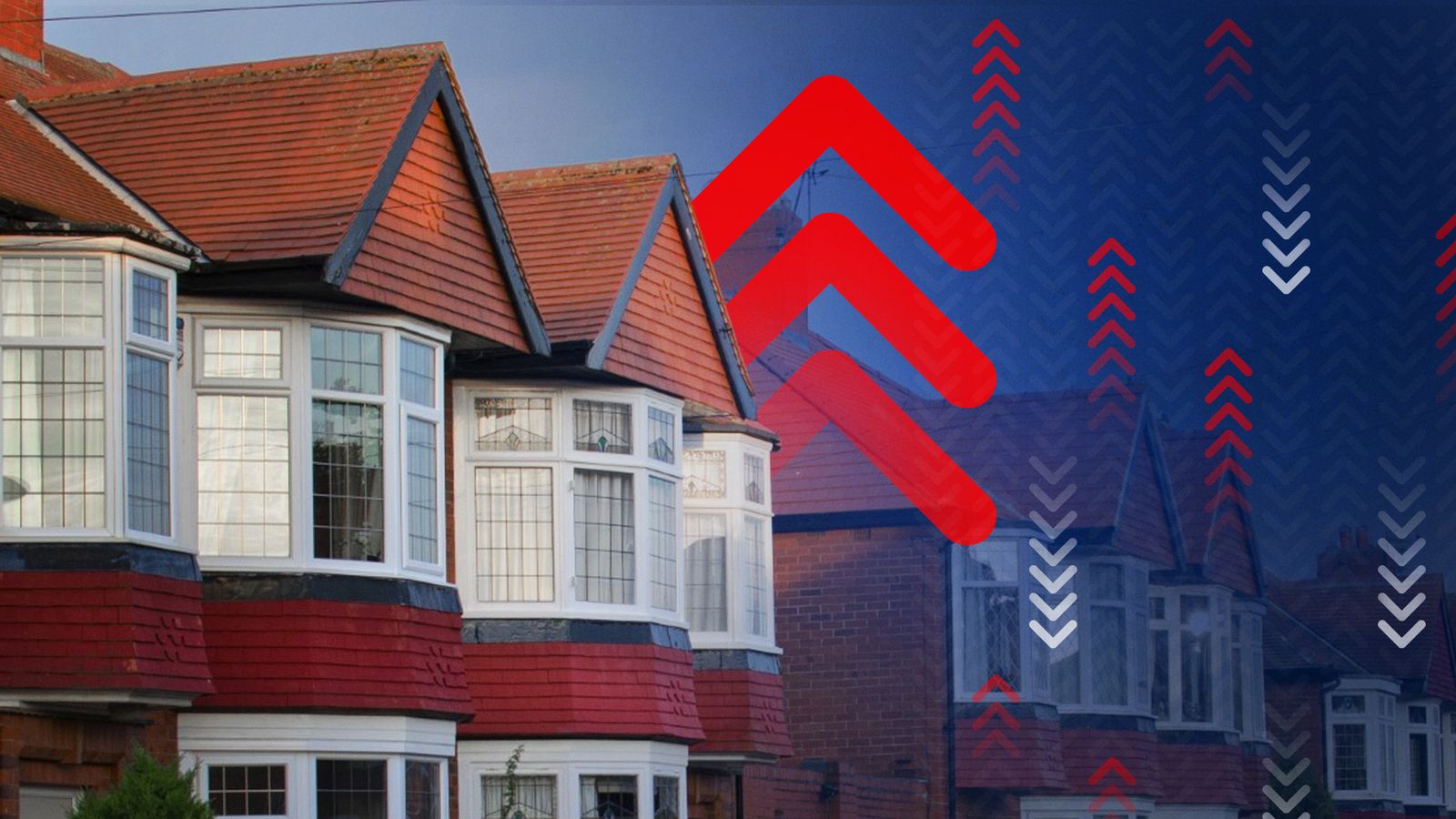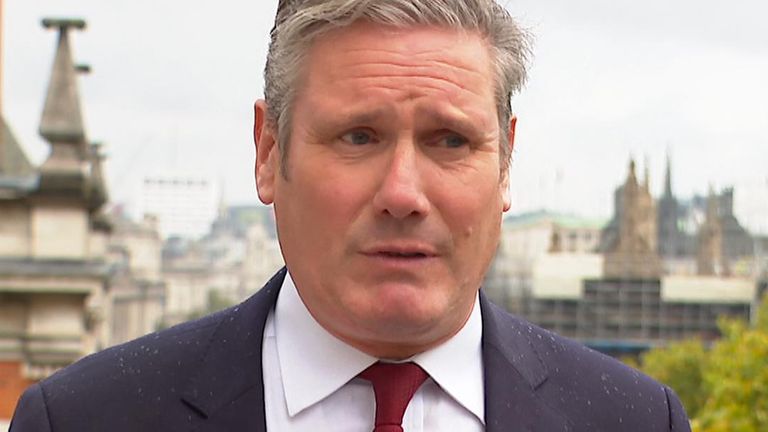
Liz Truss’s “disastrous premiership” means British families are spending an extra £530 a month on their mortgage than they were a year ago, Labour has claimed.
The Opposition claims the effects of higher interest rates will be felt by tens of thousands of households for years to come.
Labour’s analysis is based on the current average property price in the UK – which is £295,903 – and assumes there is a 70% mortgage on a 30-year term, meaning £207,132 is being borrowed.
Annual interest rates stood at 2.25% last October, meaning that the typical monthly repayment in that scenario would have been £791.75.
But when Ms Truss stepped down on Thursday, rates had surged to 6.65% – taking repayments to £1,329.72, an increase of 68%.
Labour’s figures suggest that – over a two-year period – this would be an extra £12,911.06 that households need to find.
According to UK Finance, 1.8 million people will need to secure a new deal next year, which is about 26% of all mortgages.
Shadow levelling up secretary Lisa Nandy has warned tens of thousands of households will be paying higher mortgages for years “because the Conservatives crashed the economy”.
Ms Nandy said: “This is a Tory crisis, made in Downing Street and being paid for by working people … Despite the U-turns, the damage has been done.
“Even now, families are still paying more because the government has lost all credibility. The Tories simply cannot be trusted with the economy.”
Responding to Labour’s analysis, a Treasury spokesperson said: “Growth requires confidence and stability.
“A central responsibility for any government is do what is necessary for economic stability, and we have done so.”













